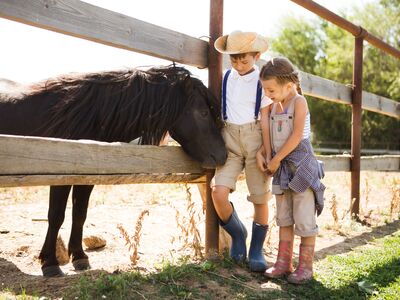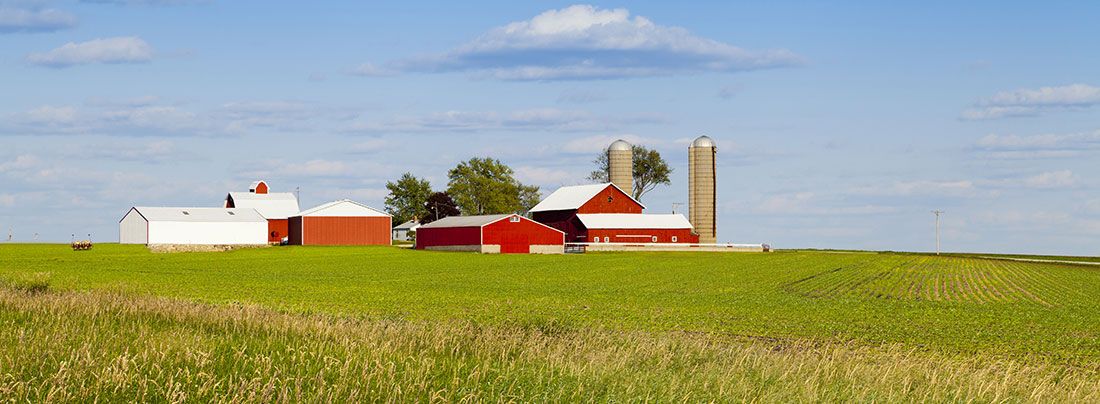Whether you own a small retail or service business, or you are a family farmer, your business is an important part of your life and wealth. Chances are, you have taken steps during your lifetime to protect your business and ensure its longevity. You have probably also taken steps to protect your family during your lifetime. A proper estate plan can include provisions that will ensure that your business or farm's continuity will be appropriately provided for, and that your loved ones will receive what you intend in accordance with your wishes.

A court case from “across the pond” serves as an example and a useful reminder of just how important proper and complete planning is, especially when you own a business or a farm. In the case from England, the husband was part of a family farming operation. The family had created a business entity (in this case, a partnership) for the business. The farmer's wife believed that the partnership owned the farming business but that the farmland itself was owned by the husband individually.
The husband died in 2005. He had created a will before he died. His will said that the farmland was to be distributed into a trust that was to benefit the wife. Eventually, though, the wife discovered sometime after her husband's death that the farmland was 100% owned by the partnership. This meant that the husband individually owned none of the farmland, which meant that his provision in the will funding his farmland into the trust was meaningless and the trust received nothing in terms of land.
The case even ended up in the British courts. While the law of the United Kingdom has its differences from the laws of the U.S. states, the facts that led to this unfortunate farmer's wife's problems and subsequent trip to the courthouse could just as easily have been something that happened here in the States.
Business entities can be very useful tools within an overall business plan for your family farm. Establishing a partnership, corporation, LLC or other entity can offer substantial advantages to you and your family (and your farming business) when it comes tax planning, asset protection and reduction of liability exposure, or other objectives.

When you decide to create such legal structures, though, it is important to make sure that they are properly incorporated into your estate plan. If you own your interest in your farm as a member of an LLC, for example, it is essential to make sure that your estate plan includes instructions for distributing your ownership stake in the LLC to whomever you want to receive your interest in the farm. It is also important to make sure that you understand clearly “who owns what,” so that you can make certain that your estate plan functions properly. An estate plan that distributes land will not work if it turns out that your LLC, and not you, owns that farmland.
If your estate planning goals have led to establishing a living trust, it is important to make sure that your trust is properly funded. This could include funding your ownership interest in your farm's business entity into your trust. In other words, for example, you may need to create documentation that transfers legal ownership of your stake of your farming LLC from you as an individual to you as the trustee of your living trust.
While this may all sound very technical, what you should take away is just how important it is, when you plan your estate, to make sure that everything is coordinated to work together. It is just as important to make sure that you review and update your plan - your whole plan - to make sure that it is still constructed to give you and your family the maximum benefit and the maximum realization of your goals. Your experienced estate planning attorney can help you with making the best choices for you and your family.



